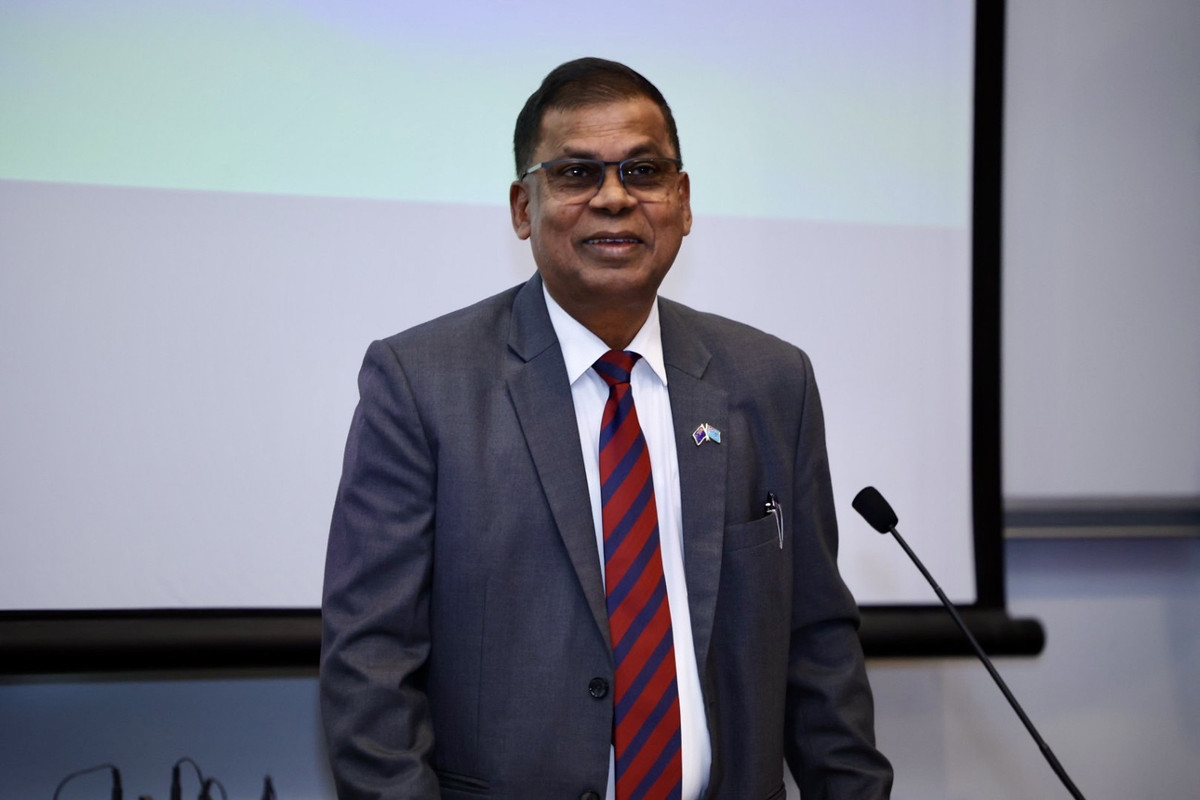
Due to rising sea levels, rice farmers in Dreketi were losing their crops to salination despite good soil, water and high demand.
This was highlighted by the Deputy Prime Minister and Minister for Finance Professor Biman Prasad during his opening address to the Australasian Aid and International Development Conference in Canberra.
Professor Prasad says Fiji has a long history of growing rice and nobody really knows when the first crop was planted but it took hold with the arrival of Indian indentured labourers from the late nineteenth century onwards.
He says through the rising sea levels, it is found that some regions of Fiji, including Dreketi on the island of Vanua Levu, had conditions suitable for growing rice.
He adds if this was not enough, these farmers were also losing harvests to frequent droughts and as a result, Fiji spent millions of dollars importing rice.
Professor Prasad says that was the income that could have been flowing to our own farmers.

He says through well-researched interventions, Australia supported Fiji to build irrigation systems across 100 farms in Dreketi which has allowed gravity-fed water distribution to take place.
He adds the newly built waterways protected farms from rising sea levels and regular and predictable water from dams and canals allowed farmers to harvest multiple crops in a single year for the first time.
Professor Prasad says for the farming families of Dreketi, this development investment almost doubled their incomes.
He says farm sizes in Dreketi were small as over 100 of them would have fit on ANU’s campus – so farmers were still poor but they had more certainty of income.
Professor Prasad says income security meant that they could access credit and access to credit meant that they could invest to improve their food security through diversifying into new crops and livestock.
He says crucially, increased income meant that they could afford to pay bus fares and school fees for their children to go to school.
Stay tuned for the latest news on our radio stations

